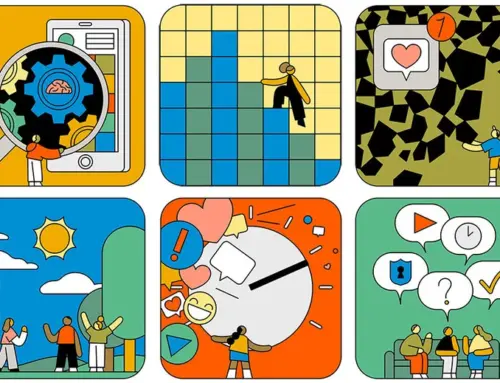This story originally appeared on Healthline.com
If you or a loved one has binge eating disorder (BED), you are probably familiar with the cycle. It may start with restrictive eating, dieting, or not eating for an extended period. This may lead to an episode of overeating. Later, you may feel guilt and shame.
BED is the most common eating disorder today and affects an estimated 2.8 million Americans.
Keep reading to find out what you can do today to help manage and overcome the guilt associated with BED.
Guilt and BED
Researchers don’t know the exact cause of BED, but they think it involves chemicals in your brain and how you perceive, crave, and enjoy certain foods. Factors that may contribute include:
- genetics
- hormones
- emotions
- family history
- personal habits
There are several common risk factors for BED. These include a history of trauma, abuse, or neglect, which can affect your mindset and sense of self-worth. Having these things in your history can lead to negative feelings, such as guilt and shame.
One study found that people with eating disorders felt feelings of shame, not just about eating behaviors, but also about many other aspects of their self. Another study found that the more self-critical someone was, the more severe their eating disorder symptoms were.
No matter where or when a person’s disordered eating habits start, feelings of shame and guilt are particularly common for those with eating disorders. In BED, the guilt usually comes after a binge.
How to Break the Cycle
BED is often described as a cycle that doesn’t end, but there are ways to break it.
Cognitive behavioral therapy (CBT) is one treatment for BED that has been shown to be effective. This therapy looks at how your thought processes and emotions affect your behaviors. The logic of any negative judgments that cause you to feel guilt is questioned during CBT.
“Once these corrosive and critical self-assessments are replaced by more hopeful and forgiving — as well as realistic — ones, mood lifts,” says James M. Greenblatt MD, chief medical officer of Walden Behavioral Care in Waltham, Massachusetts and author of “Answers to Appetite Control.”
Once you become more aware of your thoughts, you can learn to challenge negative feelings and replace them with more realistic and kind notions. Greenblatt says that CBT has been shown to be just as effective in treating depression as antidepressants. He also says it is better than antidepressants at preventing relapse.
There are also practical ways to manage guilt. Pay attention to situations, emotions, and people that may lead to a binge. You can avoid those places and people until you’re able to manage your feelings better.
When you’re successful at avoiding the behaviors that perpetuate the cycle, you feel better about yourself, says Greenblatt. Feeling better about yourself means less guilt and less shame.
Takeaway
There is no shame in having an eating disorder. Willpower alone isn’t enough to treat the range of physical, mental, and emotional aspects of it.
A medical team experienced in treating eating disorders like BED can help you overcome this disorder. Recovery is possible. Reach out today if you or someone you know may suffer from BED.
Don’t Be Afraid to Reach Out
We know finding eating disorder treatment can be tough. Walden is here for you. If you are concerned that you, or a loved one, may have binge eating disorder, please reach out by completing the form on this page or email us at intake_coordinators@waldenbehavioralcare.com.






